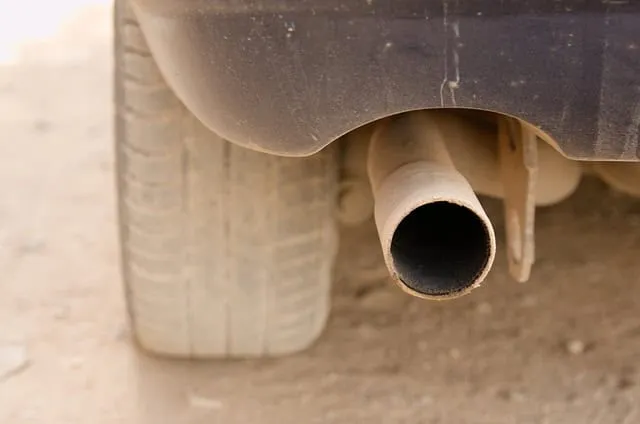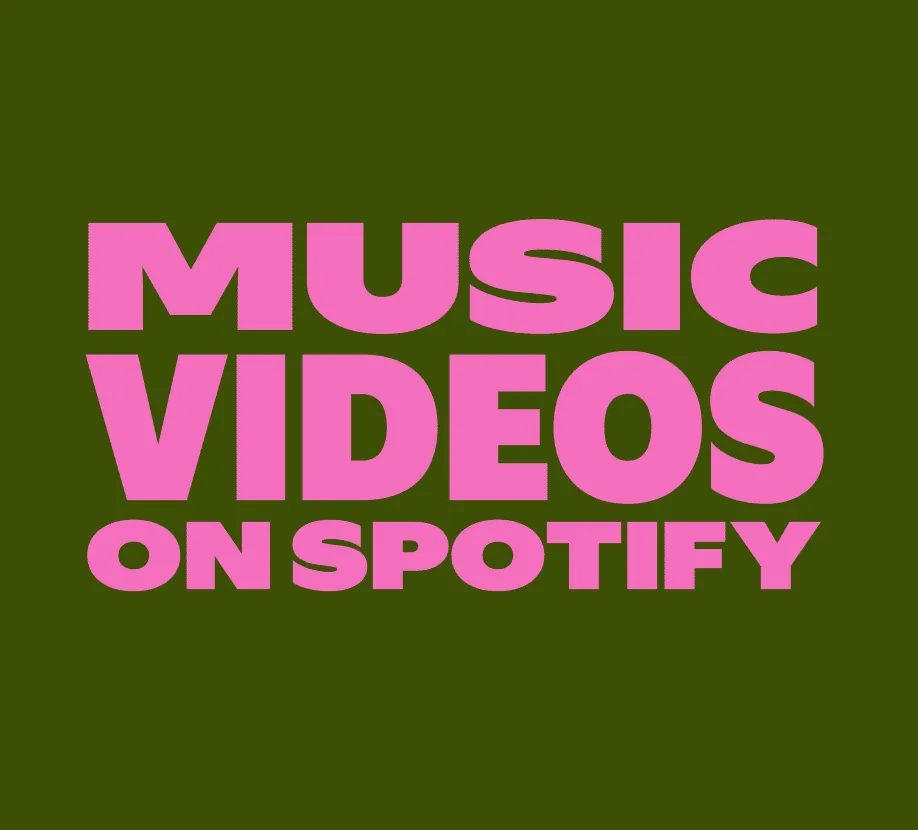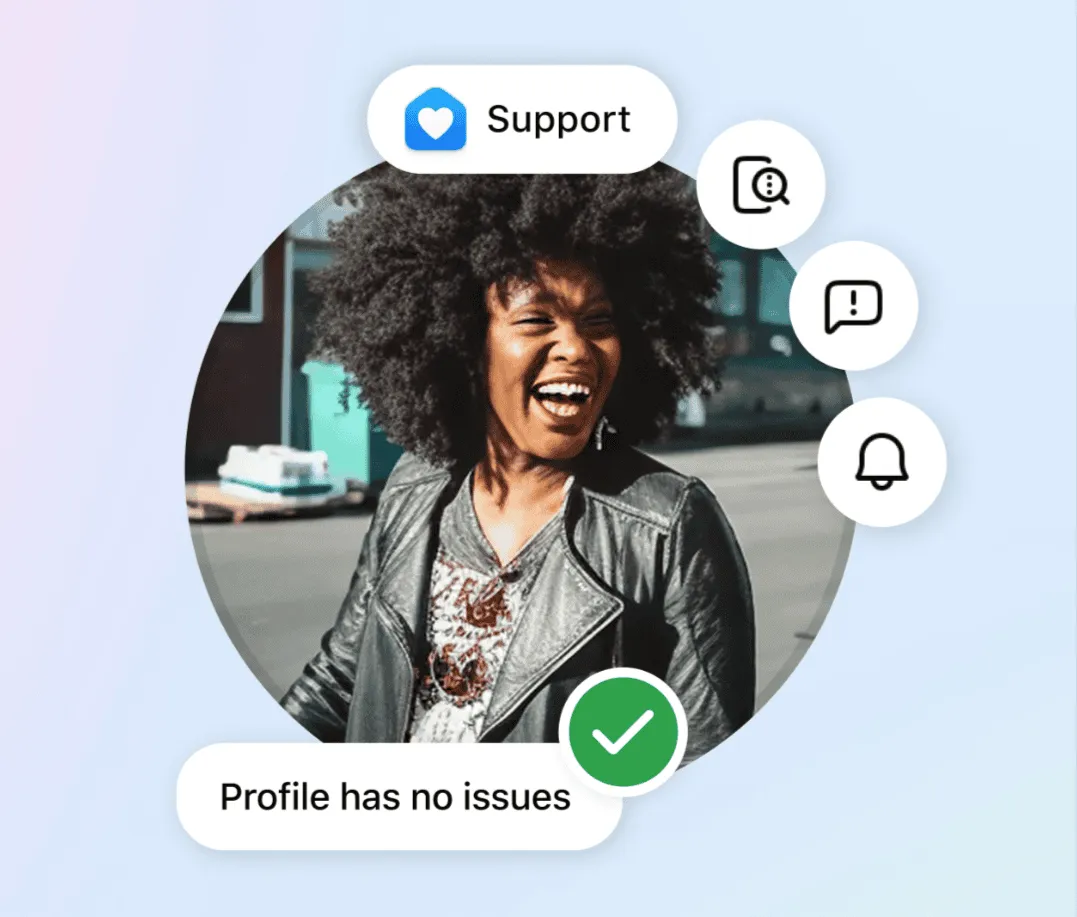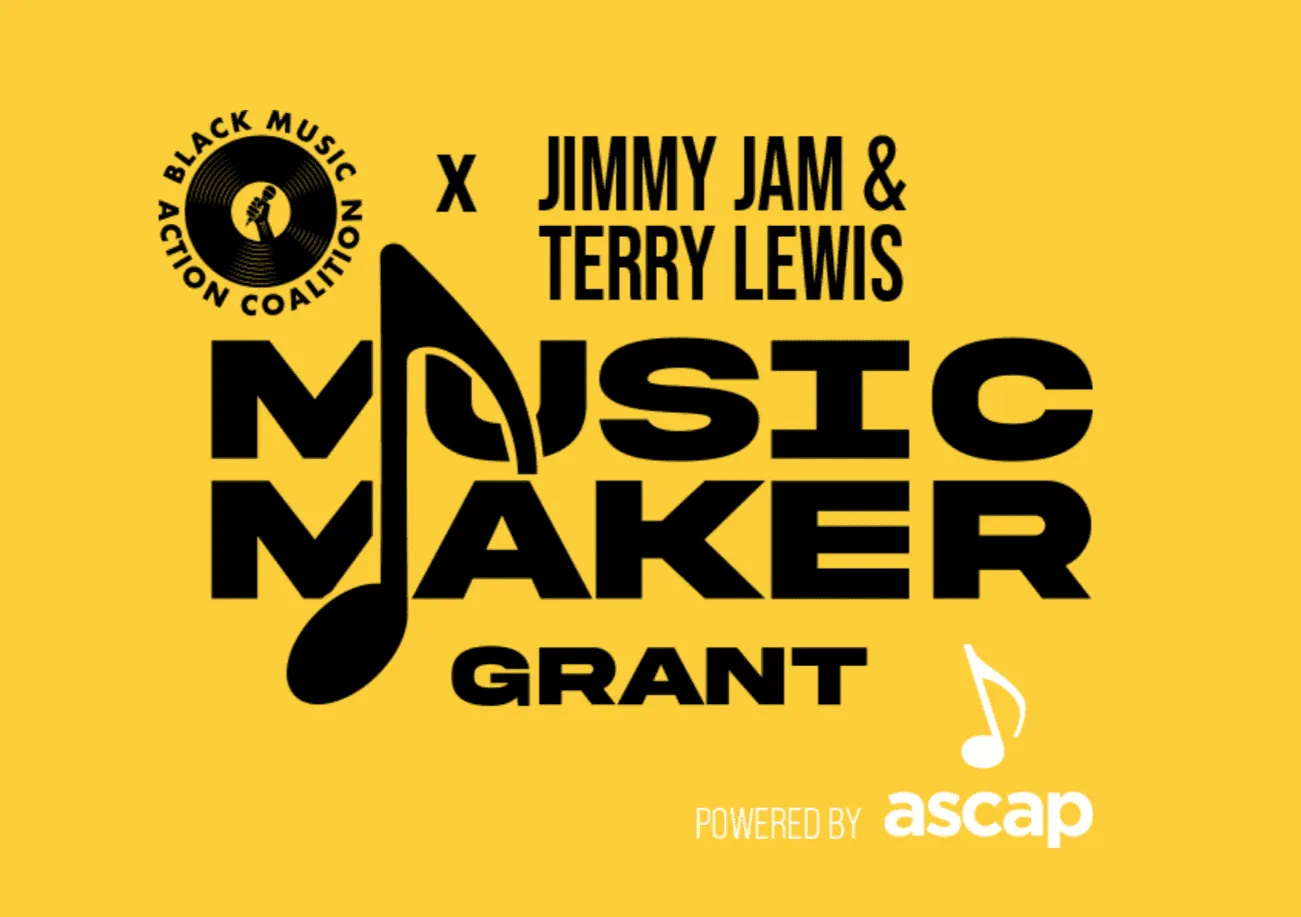Last week's Billboard FutureSound conference in Ssan Francisco offered a variety of keynote speakers including a venture capitalist, a record label chief, an agency innovator and an EDM star. The keynote summary:
Fred
Wilson, blogger and New York
based VC as Princpal at Union Square Ventures interviewed by Bill Werde:
While companies like Spotify, Songkick
and Deezer have recently made news for
raising capital, Union Square Ventures remains cautious about investing in the
digital music Sector because of the financial risks with the start-up
costs: “it takes $5-10 Million in upfront costs before you even know
what you've got."
Using Turntable.fm
as a case study, Wilson explained that the start-up offered a unique product,
which resulted in a successful global launch. The company made a strategic decision to
focus on the US market as the cost and difficulty of licensing
globally proved too challenging to take on at once.
On Soundcloud: “I’m on
the board for Soundcloud and I really like Soundcloud because a lot of music
that isn’t licensed is on there like DJ’s, mixes , mash-ups…” “You used to go
on MySpace and see an artist’s top 2 or 3 tracks. Now I do that with Soundcloud.” “The creativity that exists on Soundcloud is
great, but the rights issues with mixes need to be worked out with the music
industry.”
On monetization of music services:
Successful music services can benefit with the “redistribution of the
advertising dollars from radio”. “Advertising
can carry a lot of the load, but not all of the load.”
On Apple: “iTunes is a 10 year oldish product and they
haven’t really moved away from a file based model to a streaming model”. Describing Apple as no longer a leader, bur
rather a follower in the music industry, Wilson reminded the audience that
Apple is a software company first with their strategic goals focused on selling
a controlled or physical product rather than music.
The 3 things a Start-Up needs to have for his VC investment:
- “I want to see a founder or a founding team that
brings something special to the team.” - ”I want to see a product that isn’t copycat; its
distinctly unique.” - “We want to see some demonstration that users
love it”
Don Was, President of
Blue
Note Records, musician, and
Grammy winning producer, interviewed by Steve Jang, Co-Founder & CEO of
SoundTracking
Keeping with the theme of
innovation, Don shone a positive light on the opportunities available to being
innovative in a position of what many – including Don – may describe as a
forgotten or outdated record label.
“You gotta continue to be the
greatest traditional jazz record label.” “The expectation of Blue Note is that
nobody is counting on us to come up with the next Katy Perry” stated Was.
On Change, Tech, and Innovation: “Our overall attitude is we’re
open to everything. We understand that
we’re no longer in the business of selling compact discs to everyone.
On music platforms and compensation of artists: “Even though I
worked at a record company, I still value the contribution of an artist above
all else”. Relating to the financial issues
of start-ups he offered; “If you build a system on the backs of an artist, when
that system is built you have to pay them.”
On Blue Note’s Spotify App and the sense of discovery: Don
revealed that the average time spent on Blue Note’s revolutionary Spotify App is
2.5 hours while the average Spotify app sees 5 minutes per user. “Its
mysterious to me how they did this. The
way it flows, you really get the feel of going through a bin of vinyl records” ”that’s
really the sense of discovery.”
On the band of the future: “A guy that can sing, a guy that can
write sheet music, and a guy that can create apps. That’s the band of the future.”
Wiliam
Morris Endeavor’s Marc
Geiger’s keynote conversation with Bill Werde woke up the audience on Day 2
of the conference
On tech: Geiger labeled YouTube
as “the channel of the future” in both its effectiveness and proven track
record of compensating artists. Later in
the interview he responded “I fucking hope so” when asked if he hoped that
Google would eventually acquire his platforms of choice like Spotify, Pandora
and favored app Songza.
On the business: The music industry
has changed in recent years as radio and retail lost control as tastemakers for
music. Music by artists like Adele wouldn’t
have been acknowledged by the music industry ears ago, but have made some of
the biggest waves today.
On the lack of innovation: “Nobody is leading in the entertainment
business, it’s a bummer.” “We’re in this
boring middle period where we’re waiting for one of the giants” to jump in to and
do something revolutionary. “I’m (also) surprised that there aren’t more young
innovators outside of Silicon Valley.”
On Live Nation: Despite statements
about Live Nation’s past, Geiger sees a good future for Live Nation. “They’ve
had 5 major changes in management” “You can’t just swallow Ticketmaster…at one point they had
something like 20 lawsuits against them.
You’re going to build a company when you’re in court?” “They’re having a
good concert year…they will emerge strong.”
On EDM: Providing examples
of artists like The Chemical Brothers and the genre of trip-hop, Geiger
explained that EDM “Electronic Dance
Music” is not an overnight sensation. “I started buying shows in ’88…it was a
25 year instant revolution”
Deadmau5 (aka Joel
Zimmerman) Interviewed by Bill Werde
Echoing Marc Geiger, Deadmau5
explained to the audience that EDM, or as he calls it “Event Driven Marketing” has
been around for longer than people credit it for. Although it is “no longer guys renting a
field from a farmer”, today’s success of EDM is a “self fulfilling hype
prophecy”.
Zimmerman referenced Forbes to
demonstrate how the media hype without any educated insight has driven the
success of EDM; “Forbes just decides to be cool for a minute and list the 20
top money making things with Tiesto #1 with $23 million”. “Nobody is making that kind of money. Maybe
gross yes” Elaborating on the commissions and additional costs involved, inaccuracies
such as hype lists signal that something is “hot” and keep driving the hype
forward.
Later referencing his comments
about his earnings, Deadmau5 stopped the interview to poke fun at his manager
for “taking 20%” of the fresh coffee he had been delivered to him on stage.
On piracy: “I don’t care about some kid sending a zip file of my
entire catalog; awareness is key. What
are you going to do, pirate me to the stage?”
On record labels: “Don’t mail your demo to Interscope (or others) because
they don’t give a crap.”
On live shows: Discussing the desire for corporations to be
attached to EDM events, he was confident that events will stay true to what the
audience rather than a sponsor wants. “We’re not having festivals for
sheep….people aren’t stupid.” “Corporate can ruin a lot of things, but they
can’t ruin performance arts.”
On Social Media: Zimmerman felt artists who were not genuine online
or hire someone to manage Social Media are “lazy”. “How hard is it to send a
Tweet?” he asked rhetorically. Backing
up slightly he added. “If I was prolific and had as many followers as Rihanna, I
would have the whole Mitch Schneider Organization ffoading every tweet.” “I
think its kind of lame to have a voice that is your own that is somebody else.”
Although Billboard’s editors did a fantastic job in
the closing comments of the event, Sponsor John Frankenheimer,
Partner & Chairman Emeritus, Loeb & Loeb LLP. Said it best at the
beginning of Day 1; “There is a symbiotic relationship between digital and
music and they stand to profit from each other if they work together”.
This event coverage is by Kat
Drucker, Strategic Consultant for Canadian Music Week and Digital Media Summit
(@kitkat5656)
Related articles





